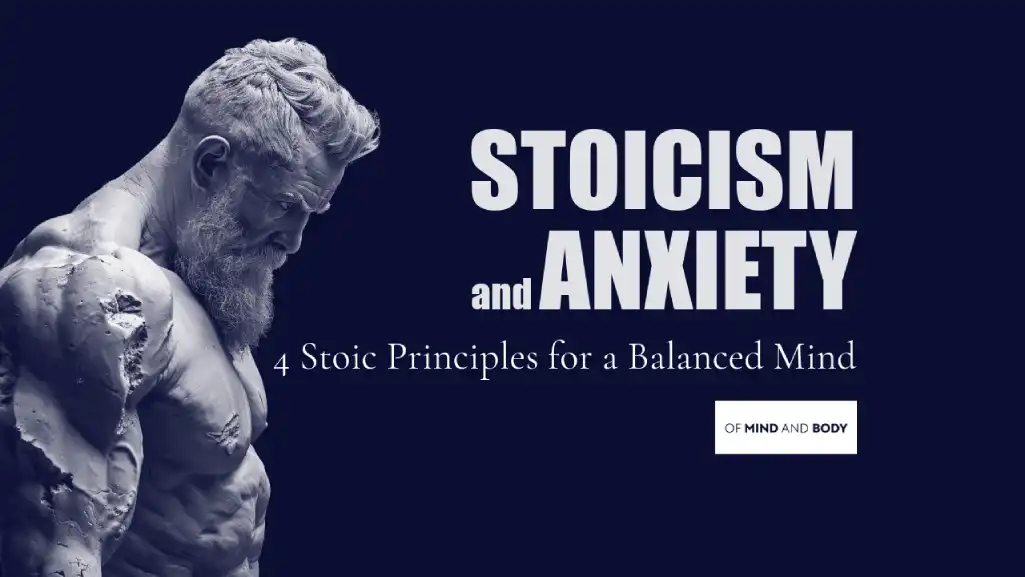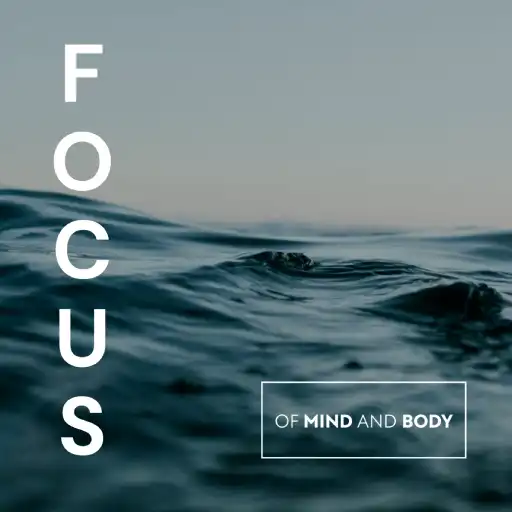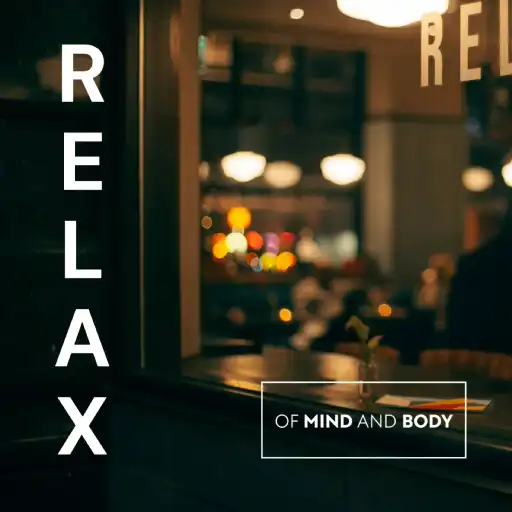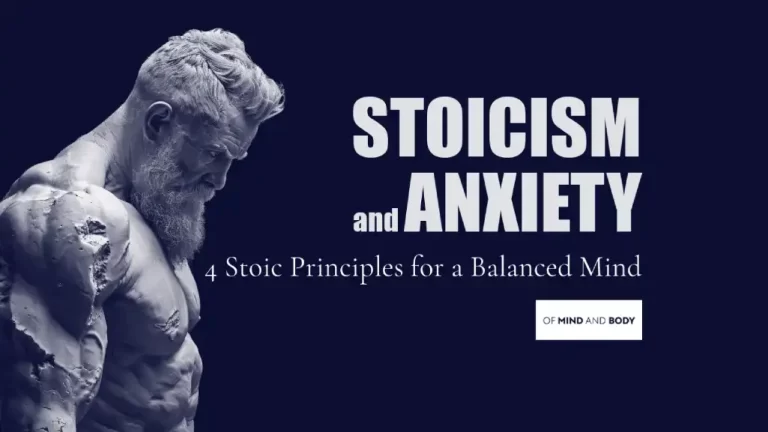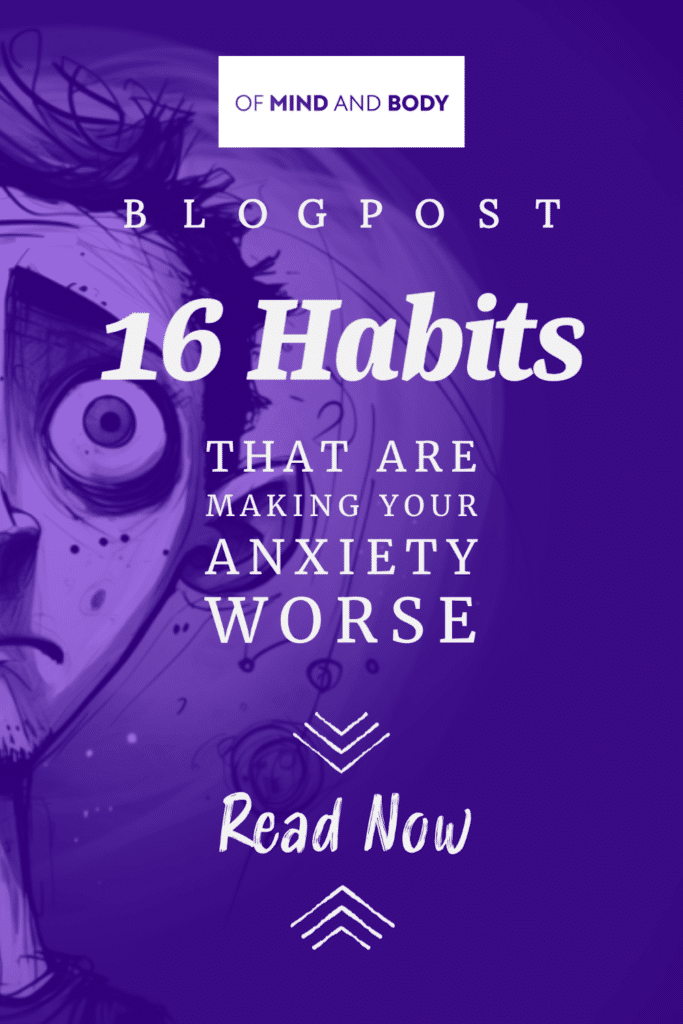
This article delves into 16 common habits that can inadvertently amplify feelings of anxiety. From sleep patterns and caffeine consumption to technology overuse and perfectionism, these habits, while seemingly benign, can exacerbate anxiety symptoms. By recognising and understanding these habits, readers are empowered to make informed changes, paving the way for improved mental well-being.
Introduction
Anxiety, as a natural response to stress, plays a crucial role in alerting us to threats in our environment. But what happens when this alert system becomes overactive? How can everyday habits, which might seem harmless, contribute to heightened feelings of anxiety? And how do lifestyle choices impact our overall mental health?
In this article, we’ll delve into 16 common habits that might be amplifying your anxiety, offering insights and understanding to help you navigate the complexities of modern life.
Lack of Sleep:
The Issue:
Insufficient sleep disrupts our body’s natural rhythms and may increase anxiety. A chronic lack of sleep can lead to heightened feelings of restlessness, irritability, and worry.
The Solution:
Create a calming bedtime routine that includes activities like reading or meditation. Ensure your bedroom is a sleep-friendly environment by keeping it dark, cool, and free from electronic devices.
Over-consumption of Caffeine:
The Issue:
Caffeine is a stimulant that can induce jitteriness and nervousness, both of which are closely linked with feelings of anxiety. High levels of caffeine can also interfere with sleep patterns, further exacerbating anxiety.
The Solution:
Gradually reduce caffeine intake, and explore calming alternatives like herbal tea. Monitor how caffeine affects you and set a cut-off time for caffeinated beverages.
Poor Nutrition:
The Issue:
An unhealthy diet, especially one high in sugar and processed foods, can upset the body’s balance, leading to fluctuations in blood sugar levels and triggering symptoms of anxiety.
The Solution:
Focus on a balanced diet rich in whole foods, including fruits, vegetables, whole grains, and lean proteins. Consider consulting a nutritionist to create a personalised meal plan.
Physical Inactivity:
The Issue:
Exercise is known to reduce anxiety by boosting mood and acting as a natural stress reliever. Conversely, a sedentary lifestyle can increase feelings of anxiety and tension.
The Solution:
Find an exercise routine that you enjoy, whether it’s dancing, jogging, or yoga. Start small and gradually increase your activity level.
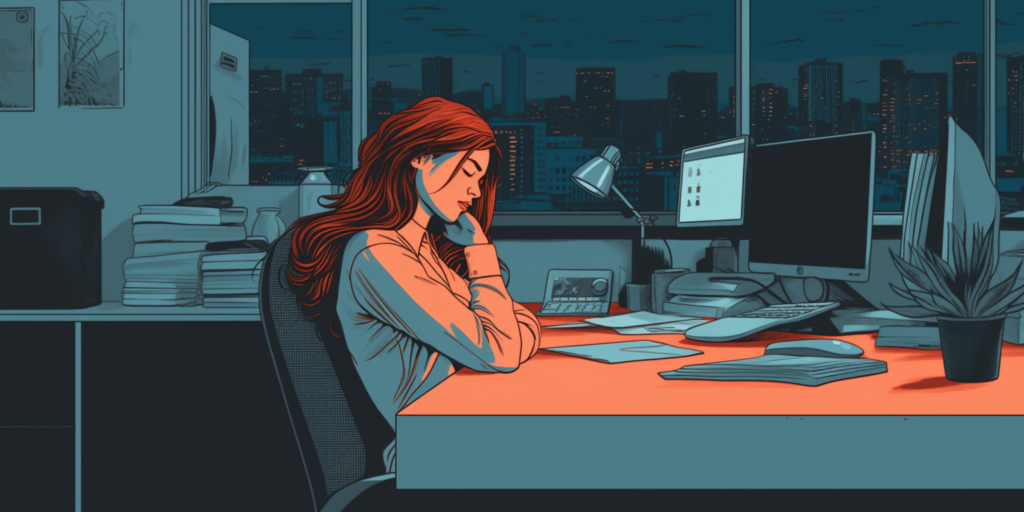
Chronic Procrastination:
The Issue:
The habit of putting off tasks can lead to a buildup of tasks and deadlines, leading to increased stress and anxiety.
The Solution:
Break tasks into smaller, manageable parts, and set specific deadlines. Reward yourself for completing tasks and consider using productivity tools or apps.
Overuse of Technology:
The Issue:
Excessive screen time, particularly on social media, can lead to increased feelings of anxiety. Constant comparison with others and fear of missing out (FOMO) can contribute to heightened anxiety.
The Solution:
Set specific boundaries for screen time, especially on social media. Engage in offline hobbies and activities to reconnect with yourself and others.
Alcohol and Substance Use:
The Issue:
While some may turn to alcohol or other substances as a means of coping with anxiety, these can often lead to dependence and an exacerbation of anxiety symptoms over time.
The Solution:
Seek professional help if needed, and explore healthier coping mechanisms like mindfulness, therapy, or support groups.
Neglecting Self-Care:
The Issue:
Neglecting essential self-care practices, like taking time for relaxation and hobbies, can lead to increased stress levels and higher anxiety.
The Solution:
Schedule regular self-care activities, such as spa days, reading, or spending time with loved ones. Recognise the importance of taking care of yourself.

Over-scheduling:
The Issue:
Keeping an overly busy schedule without any downtime can heighten feelings of stress and anxiety, creating a sense of being constantly “on edge.”
The Solution:
Learn to say no when necessary, and prioritise tasks. Include downtime in your schedule for relaxation and self-reflection.
Neglecting Relationships:
The Issue:
Humans are social creatures, and neglecting relationships can lead to feelings of isolation and heightened anxiety.
The Solution:
Make an effort to connect with friends and family regularly. Join social groups or clubs that align with your interests.

Perfectionism:
The Issue:
Striving for perfection can lead to constant worry about making mistakes or not living up to self-imposed standards, contributing to increased anxiety.
The Solution:
Practice self-compassion and recognise that perfection is unattainable. Focus on progress and personal growth instead.
Rumination and Overthinking:
The Issue:
Overthinking can turn regular situations into sources of stress and anxiety, as it can lead to a cycle of persistent, obsessive thoughts.
The Solution:
Utilise mindfulness techniques to stay present and grounded. Consider professional counselling if overthinking becomes overwhelming.
Lack of Routine:
The Issue:
Having a lack of routine can create feelings of chaos, which can exacerbate feelings of anxiety. Regular routines provide structure and a sense of control.
The Solution:
Establish daily routines that include time for work, relaxation, exercise, and social connections. Adjust as needed to find what works best for you.
Ignoring Mental Health:
The Issue:
Ignoring your mental health or refusing to acknowledge the existence of anxiety can compound its effects. Acceptance is often the first step towards managing anxiety.
The Solution:
Seek professional help if needed, and engage in activities that promote mental well-being, such as therapy, meditation, or journaling.
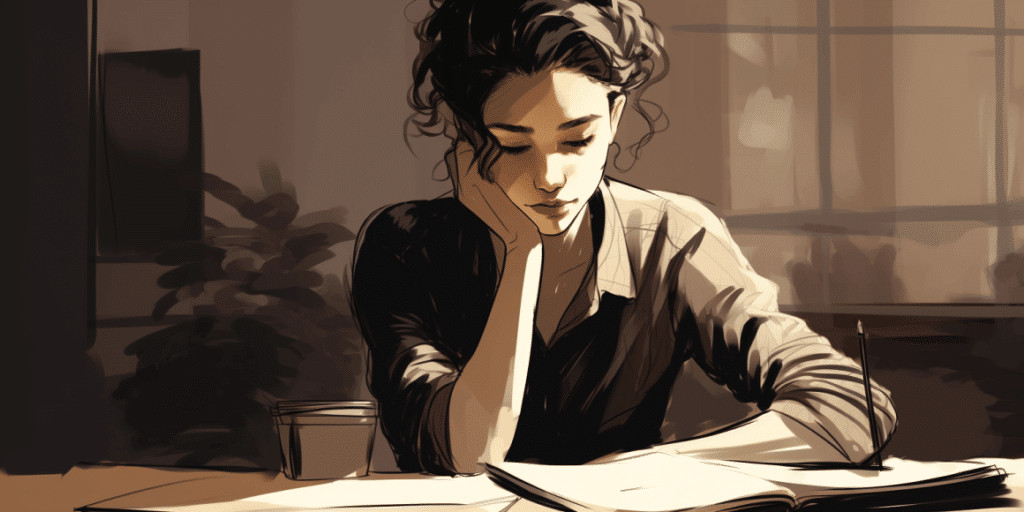
Avoidance of Anxiety-Provoking Situations:
The Issue:
Avoiding situations or activities that provoke anxiety might provide temporary relief, but can actually exacerbate the anxiety in the long term by reinforcing the fear associated with these situations.
The Solution:
Gradually face anxiety-provoking situations with support from a therapist or support group. Utilise techniques like exposure therapy to build confidence.
Constantly Seeking Reassurance:
The Issue:
While seeking reassurance from others may help temporarily, it can become a reinforcing cycle that maintains anxiety, especially if the reassurance-seeking becomes excessive or compulsive.
The Solution:
Work on building self-confidence through self-affirmations and trust in your own judgement. Consider therapy to address underlying insecurities.
Conclusion:
While it’s important to note that these habits do not ’cause’ anxiety, they can significantly worsen pre-existing symptoms. Recognition and understanding of these habits, coupled with practical solutions, can pave the way towards a more balanced and anxiety-free life.
Do any of these habits resonate with you? It’s not uncommon for many of us to unknowingly adopt patterns that amplify our anxiety. Recognising them is the first step towards creating a more balanced life. If you’ve identified any items on this list, consider diving deeper into our other articles for more insights and guidance. Remember, taking a moment to reflect on our habits and behaviours can lead to profound changes in our mental well-being. It’s never too late to look at your mental health with renewed focus and intention. Your journey towards a calmer, more centred self is just beginning.


